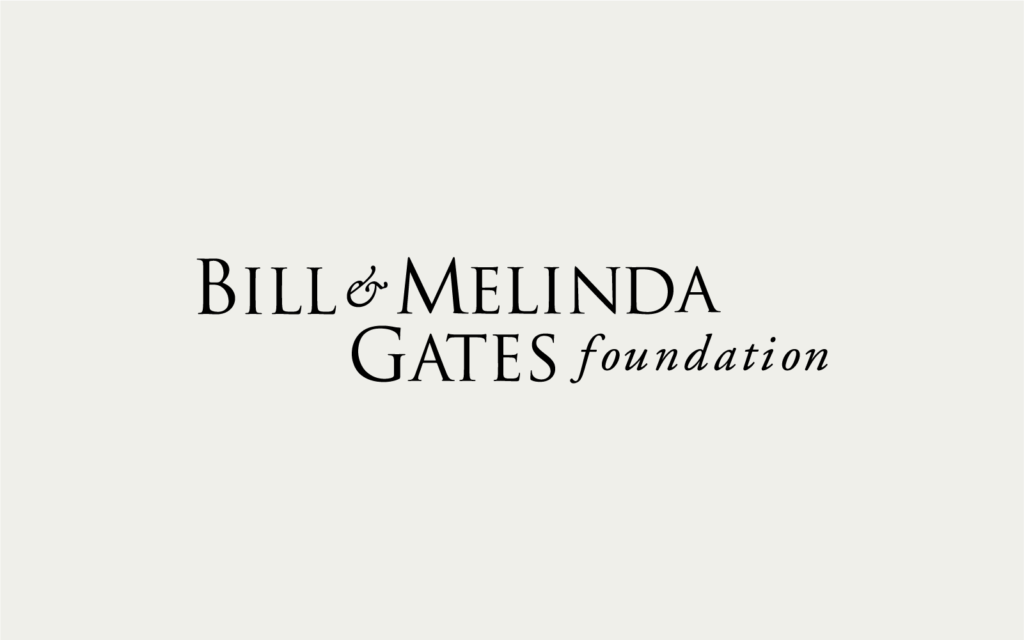Mark Suzman, the CEO of the Bill & Melinda Gates Foundation, has urged donors to increase their contributions in order to address the extraordinary difficulties that countries throughout the world are facing in ending poverty, eliminating illness, and battling inequality.
Suzman wrote in his yearly letter, which was distributed by the African Media Agency and published on Monday, that since the COVID-19 epidemic, there has been a reversal in global progress at a time when low-income nations are struggling to meet their fundamental necessities.
Despite the circumstances, he said, there was a strong pipeline of medical, scientific, and proven remedies that might be expanded or accelerated with the arrival of more charitable funding.
Charity has the ability to take chances and close gaps that might otherwise go unnoticed or receive insufficient funding. At a time when the world most needs charity, we have the chance to realize its full potential, according to Suzman.
The combined net wealth of the 2,640 billionaires in the globe is at least $12.2 trillion, according to Forbes.
The CEO of BMGF claimed that benefactors might finance a series of high-impact initiatives with just $1 billion in extra contributions—a negligible portion of that sum. By 2030, these inexpensive measures may save the lives of an additional two million mothers and infants.
“They could help half a billion smallholder farmers become more climate resilient and reduce greenhouse gas emissions from agriculture by 1 gigaton a year by 2030,” the AMF statement continued. 300 million people may receive vaccinations for just over $7 billion, averting at least seven million fatalities.
The Gates Foundation increased its financial assistance earlier this month and boosted efforts to exacerbate global crises, according to the AMF.
The Gates Foundation’s board of trustees authorized the organization’s largest-ever budget of $8.6 billion earlier this month. The money will be used to support creative approaches to save and enhance lives. The foundation pledged to depleting its endowment within 20 years of the passing of its founders in order to concentrate on resolving pressing issues at hand and assisting in the establishment of sustainable systems for the future. In 2022, the foundation declared its intention to raise its yearly payout to $9 billion by 2026, according to the AMF.
Suzman wrote, “The philanthropic ecosystem looks different than it did when I started doing this work over 15 years ago, and that’s a good thing,” in his letter, emphasizing the expansion and evolution of philanthropy globally. Around the globe, donors are tackling difficult problems with audacious vision and firsthand knowledge.”
There are a lot of challenging issues in the world today, and there are plenty of creative people willing to take them on. But brilliant ideas stay just that—ideas—in the absence of substantial funding and steadfast support. These concepts can have an impact if more people increase their commitments and concentrate their resources on the most underserved areas.
He also emphasized the significance of modest contributions made by millions of people globally, noting that Giving Tuesday is observed in about half of the world’s nations and has permitted donations totaling more than $13 billion since 2012.

